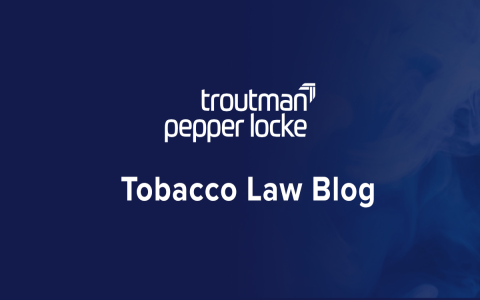The FDA strictly enforces age verification for e-cigarette sales to prevent youth access, a critical public health priority. Non-compliance carries significant legal and financial penalties for retailers.
Why Age Verification is Mandated
Federal law (Family Smoking Prevention and Tobacco Control Act) prohibits selling tobacco products, including e-cigarettes, to anyone under 21. The FDA actively monitors and enforces this. Failure to verify age accurately can result in:

- Substantial monetary penalties: Fines per violation can reach thousands of dollars.
- Warning Letters and Civil Monetary Penalties (CMPs): Escalating enforcement actions for repeated violations.
- Permit suspension or revocation: For businesses holding tobacco permits.
- Reputational damage: Undermining customer trust and brand integrity.
Robust verification directly combats underage vaping and safeguards your business legally.
Effective Compliance Methods
Retailers must implement reliable age verification protocols:
- In-Person Sales: Rigorously check government-issued photo ID (driver’s license, passport, military ID). Verify ID authenticity and calculate age based on the birth date. Refuse sale if ID is expired, unclear, or the customer appears under 27.
- Online & Delivery Sales:
- Third-Party Age Verification Services: Integrate specialized platforms verifying customer data (name, address, DOB) against trusted databases (public records, credit bureaus).
- Identity Verification & Document Scanning: Require customers to upload a photo ID. Use automated systems to confirm authenticity and age.
- Age Verification at Checkout: Employ systems requiring date of birth input, cross-referenced with databases.
- Mandatory Adult Signature: Require signature from someone 21+ upon delivery, verifying ID upon receipt.
- Comprehensive Staff Training: Regularly train all employees on verification procedures, ID spotting, handling refusals, and compliance requirements.
Maintaining meticulous records of verification attempts and training logs is essential for demonstrating compliance during FDA inspections. Implementing these robust methods protects minors, avoids costly penalties, and ensures lawful operation.










